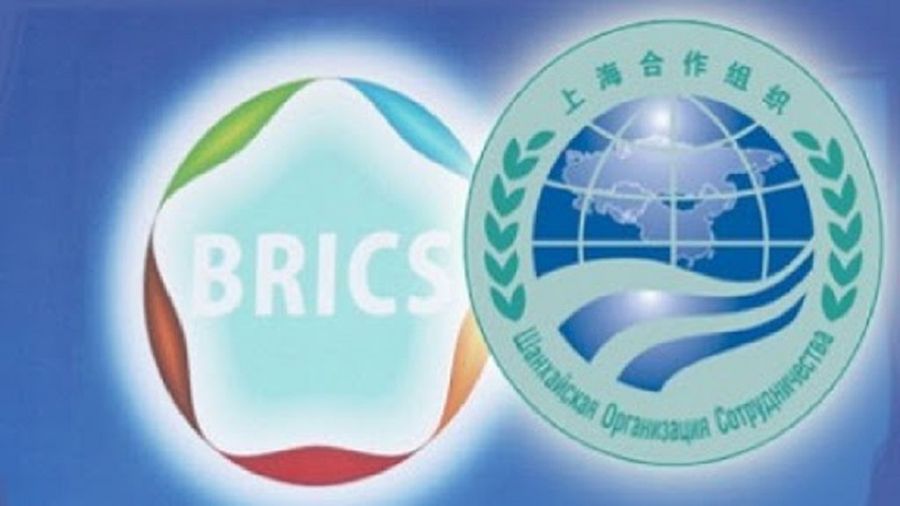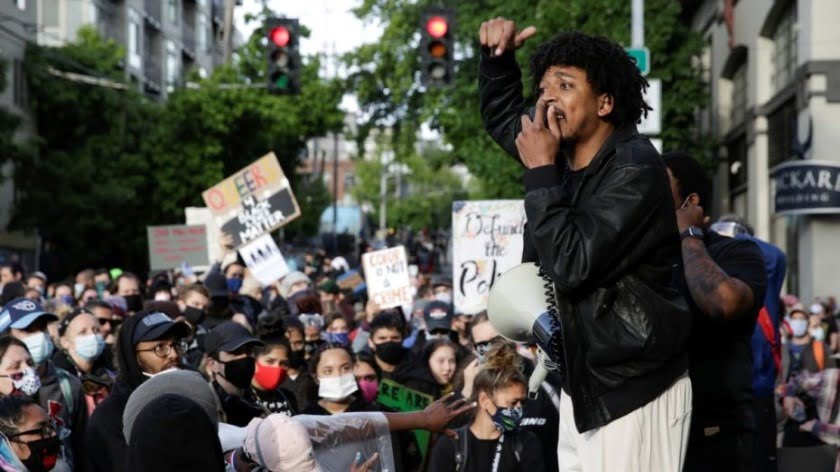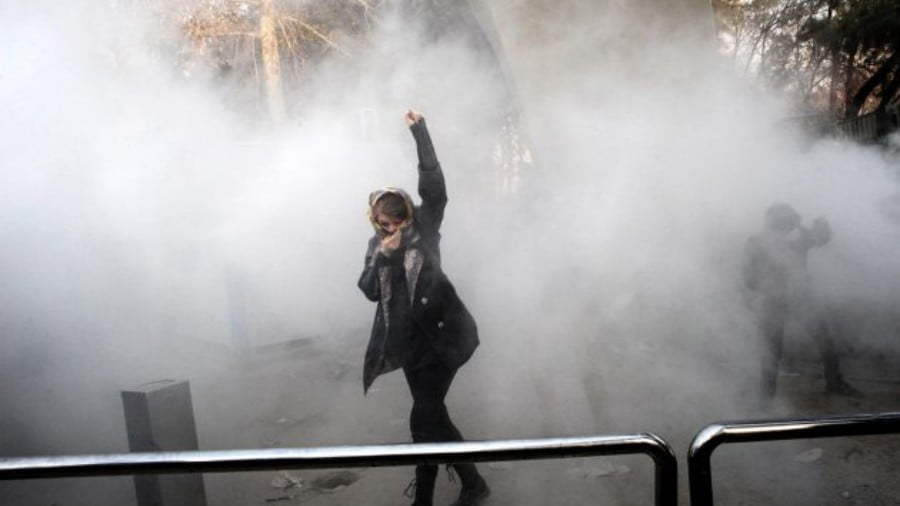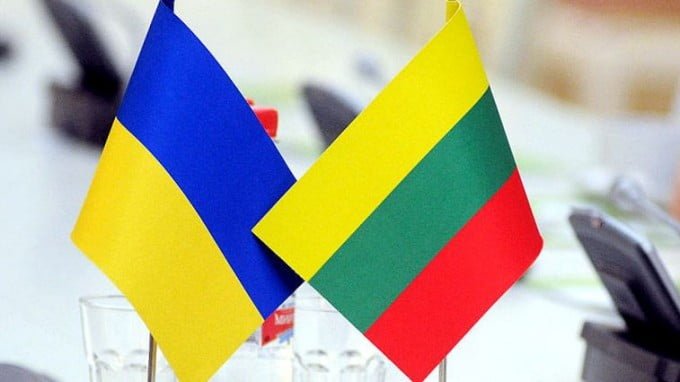Will India Impede BRICS & The SCO from Consensually Agreeing on Afghanistan?
The only country in either BRICS or the SCO that has any realistic chance of positively influencing India is Russia, which has been the South Asian state’s special and privileged strategic partner for decades.
This year’s BRICS Summit will be held virtually on 9 September while the SCO one is planned to take place in person in the Tajik capital of Dushanbe from 16-17 September. Both events are expected to focus on Afghanistan, though it remains unclear whether anything tangible will come out of their talks. The Taliban, which is still designated as a terrorist group by Russia despite the country pragmatically engaging with it in the interests of peace and security, are the country’s de facto rulers but they aren’t formally recognized as such by any government in the world at present. This understandably limits both blocs’ cooperation with it.
In the best-case scenarios, BRICS would agree to provide some level of economic assistance to Taliban-led Afghanistan while the SCO would establish an intelligence sharing platform that includes the participation of observer states like Afghanistan in order to coordinate the regional response to ISIS-K and other international terrorist groups. In reality, however, BRICS probably won’t provide any help to Afghanistan since it’s extremely unlikely that all of its members will recognize the Taliban as that country’s legitimate rulers by then, especially India. The SCO, though, has a better chance of success since all of its members are threatened by ISIS-K.
Unnamed government sources told the Times Of India that their country plans to “use both meetings to underscore its concerns about the use of Afghan territory as a launch pad for terrorist acts in the region.” This is likely a euphemism for implying that New Delhi will try to find a way to blame Islamabad for such threats as it’s done many times before in spite of Pakistan being a “fellow” member of the SCO. It’s therefore possible that India might obstruct both blocs’ efforts to formulate solutions to the ongoing crisis there unless they agree to its acknowledge its likely Pakistan-centric terrorist concerns, which would be impossible for the SCO to do.
A possible compromise might be to agree upon intentionally vague wording that can be interpreted however each government wants and thus presented as a soft power victory for their domestic audiences. If India tries to play its anti-Pakistan game at the SCO, then Pakistan might respond by reminding its peers of its long-running accusations that India supports anti-Pakistani terrorists in Afghanistan. Expecting this, it’s incumbent on Russia and China to manage the SCO’s proceedings in order to ensure that these South Asian rivalries don’t result in the event’s focus spiraling out of control into a mudslinging match that sabotages the summit.
ISIS-K’s terrorist attack at the Kabul Airport last week elevated this terrorist franchise to global infamy so all SCO members now have an interest in coordinating their efforts against it. This means that there’s a possibility that they’ll agree to the earlier proposed intelligence sharing platform centered on that group and others, which in practice would just be a more concentrated form of what the SCO is already supposed to do anyhow. Even so, an agreement on something of this sort would represent a step in the right direction of intra-organizational unity and show that its members are still capable of achieving something tangible despite their rivalries.
Back to BRICS, it might be more difficult for this bloc to do much with Afghanistan since India probably won’t recognize the legitimacy of that country’s de facto Taliban-led government anytime soon. Still, a creative workaround might be possible whereby its members could agree to support existing projects there, which could enable India to retain some of its influence in the country after investing over $3 billion in developmental initiatives over the past two decades. The other side of the coin though is that even this apolitical proposal might be interpreted as India’s tacit recognition of the Taliban, which could provoke a domestic scandal.
More realistic then could be detailed promises of comprehensive economic, financial, and investment support conditional on all BRICS countries recognizing the Taliban in exchange for it meeting the bloc’s many expectations related to cutting ties with international terrorists, fighting against the aforesaid, forming an inclusive transitional government, protecting foreign diplomatic facilities and developmental projects, and respecting minorities’ and women’s rights. Once again, though, India might hold out on recognition for whatever reason and thus handicap the bloc’s effectiveness even in that scenario.
All of this insight suggests that India is the largest obstacle to BRICS and the SCO formulating pragmatic multilateral proposals for stabilizing Afghanistan. It’s of course New Delhi’s sovereign right not to recognize the Taliban despite holding its first official talks with it earlier this week in Qatar, but there’s no denying that this could pose a serious stumbling block to both blocs’ constructive efforts towards resolving that crisis. It would be best for them to work in partnership with one another than to improvise their outreaches through joint or bilateral means outside of those organizations, but that best-case scenario might not be possible.
The only country in either BRICS or the SCO that has any realistic chance of positively influencing India is Russia, which has been the South Asian state’s special and privileged strategic partner for decades. It’ll still be a challenge for Russia to do this, but the newly established two-way channel for permanent consultations on Afghanistan that arose out of last week’s call between President Putin and Prime Minister Modi might help them make some progress on this front with time. India needs to realize that its stance towards the Taliban has been counterproductive and it should thus be gently encouraged by Russia to gradually modify it.
India has voluntarily isolated itself from the fast-moving regional processes that are reshaping Central and South Asia. That in and of itself isn’t a problem for anyone else but it certainly becomes one once India’s obstinate stance impedes the effectiveness of the two other blocs that it’s a part of. This doesn’t just serve to further harm India’s own own interests, but also those of its partners as well, including Russia. At the same time, Russia understands India’s stance and doesn’t want to offend it by pressuring its partner to change its policy so as not to harm Moscow’s interests in BRICS and the SCO vis-a-vis de facto Taliban-led Afghanistan.
Nevertheless, some sort of pragmatic compromise must urgently be reached in order for India’s stance towards Afghanistan – which is its sovereign right to hold regardless of how much it arguably harms its own interests – not to harm anyone else’s interests, especially Russia’s. Moscow should remind New Delhi that it’s a leading member of both blocs and has an important role to play in post-withdrawal Afghanistan – whether multilaterally through BRICS and the SCO, jointly with Russia, or even just bilaterally with the country’s de facto Taliban leaders – so that it doesn’t impede their hoped-for consensual agreements on Afghanistan.







